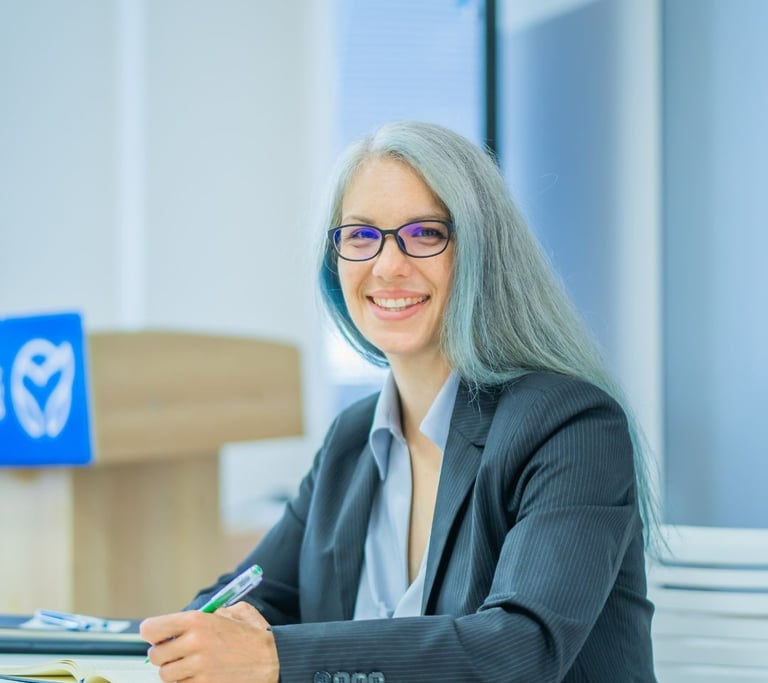
Your Company’s Success in China
when you provide qualified support not only to your expats going to China, but to their spouses as well
Coach | Writer | Intercultural Expert
Is Guaranteed
Using China Expat Spouse’s services leads to
Increased Employee Productivity
Reduced Premature Terminations
Longer-Term China Assignments Overall
Workshops
Our workshops let candidates for job openings in China make informed choices about what awaits them and gets their partner on board for the change. Because prematurely replacing global talent costs up to USD 250,000.
WeChat Community Support
In our WeChat community, expat spouses get answers to everyday China questions, as well as moral support from their peers and qualified China Expat Spouse coaches.
Transition Coaching
Spouses bear the brunt of preparing for an international transition. China Expat Spouse helps families thrive and employees be more productive at work by preparing expat spouses for the move and accompanying them through the transition with 1:1 coaching programs.
Ambassador Program
Happy returnees make replacing expats a breeze. Membership in our ambassador program enables prospects to hear positive voices advocating for an international move to China.
During our family expatriation in China I had the great pleasure to work with Julie [which] turned out to be a journey about learning more about myself and my personal preferences. She encouraged me to reflect choices and gave great suggestions for personal as well as professional development.
Julia S., Germany




Have any questions?
If you have any questions about China Expat Spouse and our services, feel free to contact us.
Understanding China: A Digital Journey
BLOG
Subscribe to our newsletter
Get occasional information about news happening within the China Expat Spouse universe.
My office
Ji’an Road 42-1, No. 2-3
Heping District Shenyang City Liaoning Province CHINA
Germany:
In der Zennwies 2, 66629 Freisen, Germany


Intercultural Experts
